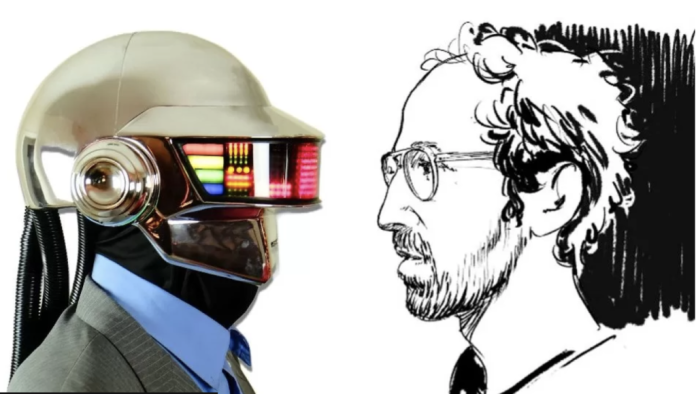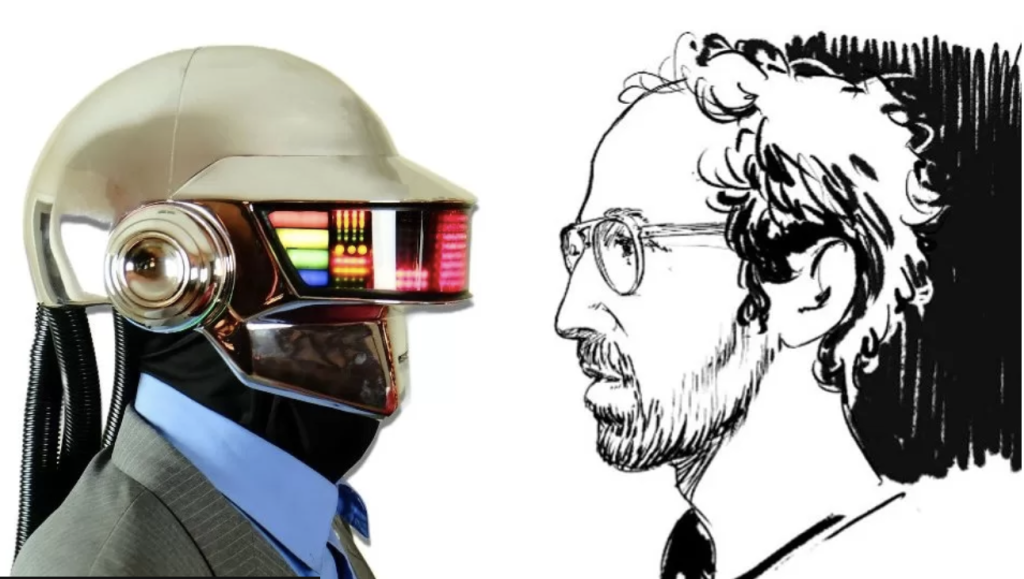

Recently, Thomas Bengalter, one half of the musical duo “Daft Punk” released Mythologies. This is an album of music he has written (much during the Covid-19 pandemic) as a score for a ballet. It features classically inspired music (touches of Berlioz and Rimsky-Korsakov), and orchestral sounds. And he has many concerns on the direction of human vs artificial intelligence and where man will belong in such a future.
This is yet another step in a new direction for the duo. We remember them as the ‘robots’ who pushed the boundaries of electronic music starting almost 30 years ago. And the duo who gave us the futuristic soundtrack to Tron:Legacy. But as they have matured (and broken up) they moved into other styles, their last album together being “Random Access Memories” in 2019. A very soulful/melodic analog music album.
Despite their association with ‘technology’ (and their robotic image), Thomas feels very strongly that a clear distinction must always exist between humanity and robotics. He has seen the potential future of AI-composed or assisted music creation and has warnings both about that and our artificial intelligence future. He asserts, “I love technology as a tool, [but] I am somehow terrified of the nature of the relationship between the machines and ourselves”. The stuff of many science-fiction novels and books, the idea of how A.I. could both bring us either a better future or a future of nightmares (or both at the same time). “2001: A Space Odyssey is maybe my favorite film and the way [Stanley] Kubrick presented it is so relevant today – because he is asking exactly the question that we have to ask ourselves about technology and the obsolescence of man.”

In explaining their choice of acting as robots in their live performances, he adds “We tried to use these machines to express something extremely moving that a machine cannot feel, but a human can. We were always on the side of humanity and not on the side of technology.” Adding “As much as I love this character, the last thing I would want to be, in the world we live in, in 2023, is a robot.”
It is a fascinating question, and one that has inspired much thought and commentary from artists and futurists. Where are we heading? What will be the effect on humanity as a whole? And do we want to support this and build up on it? Or should we be very mindful and set restrictions on how this technology can be used? Can we even control how or where this is headed? Is humanity doomed to be obsolete?


